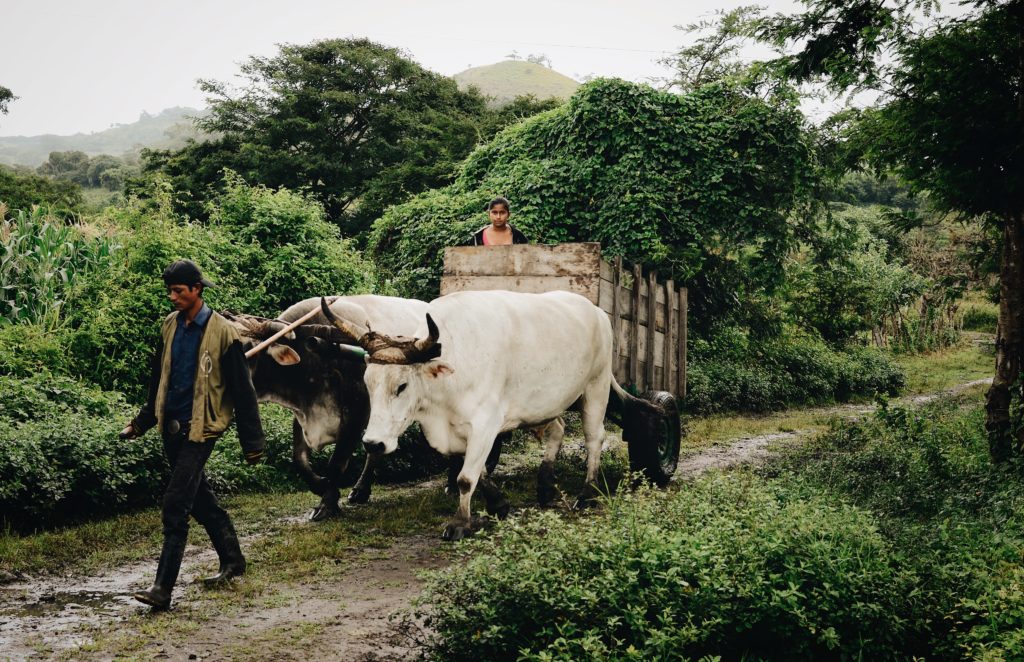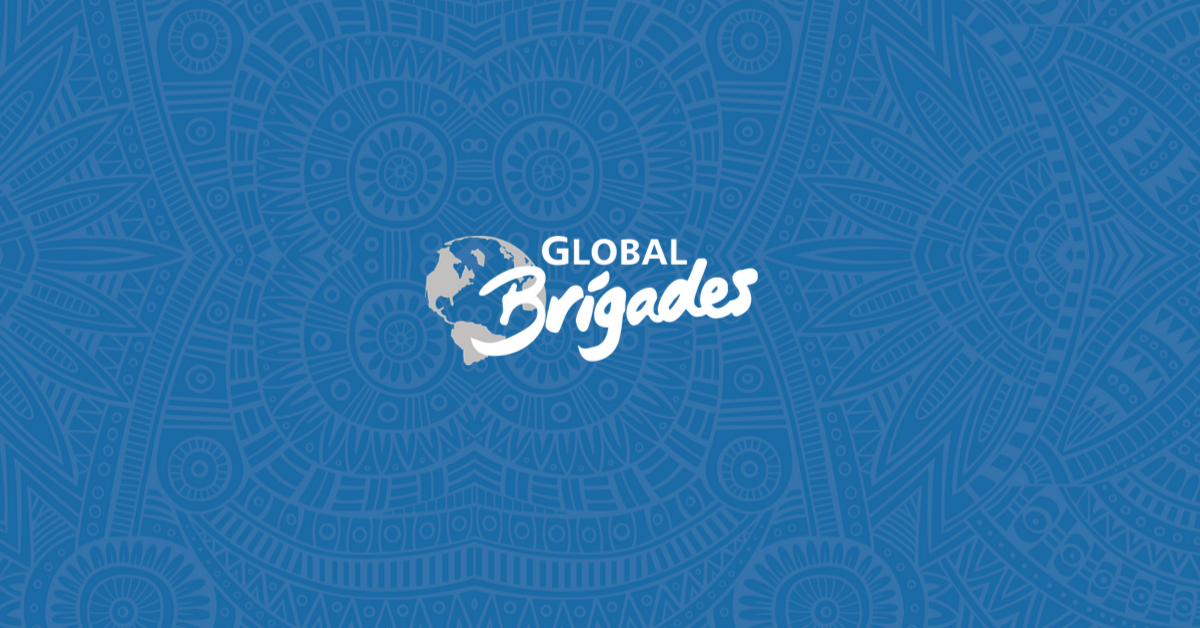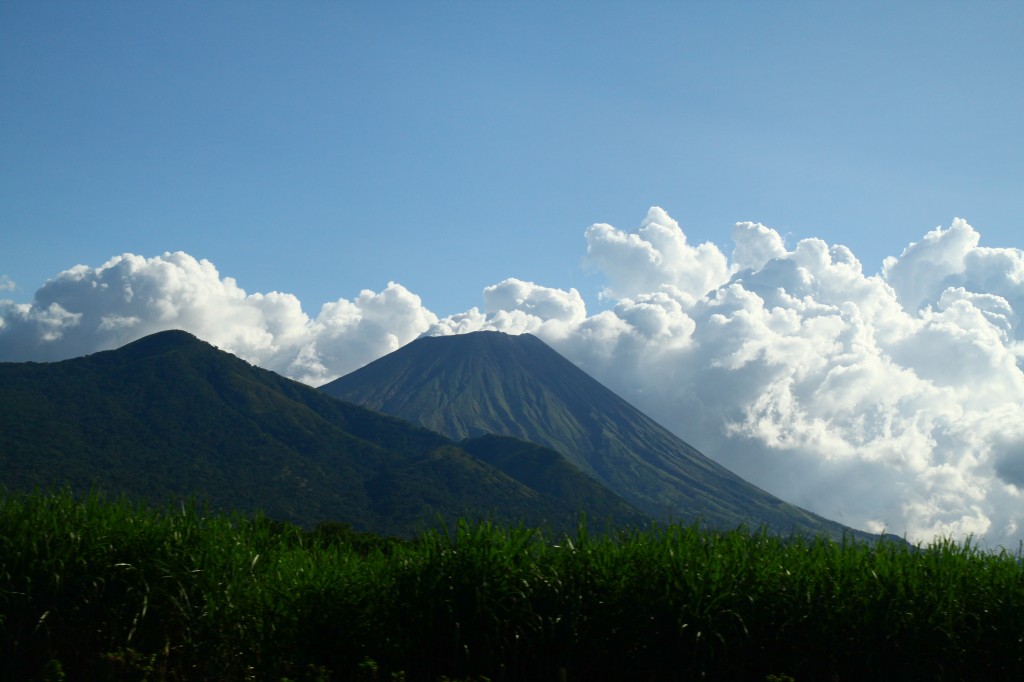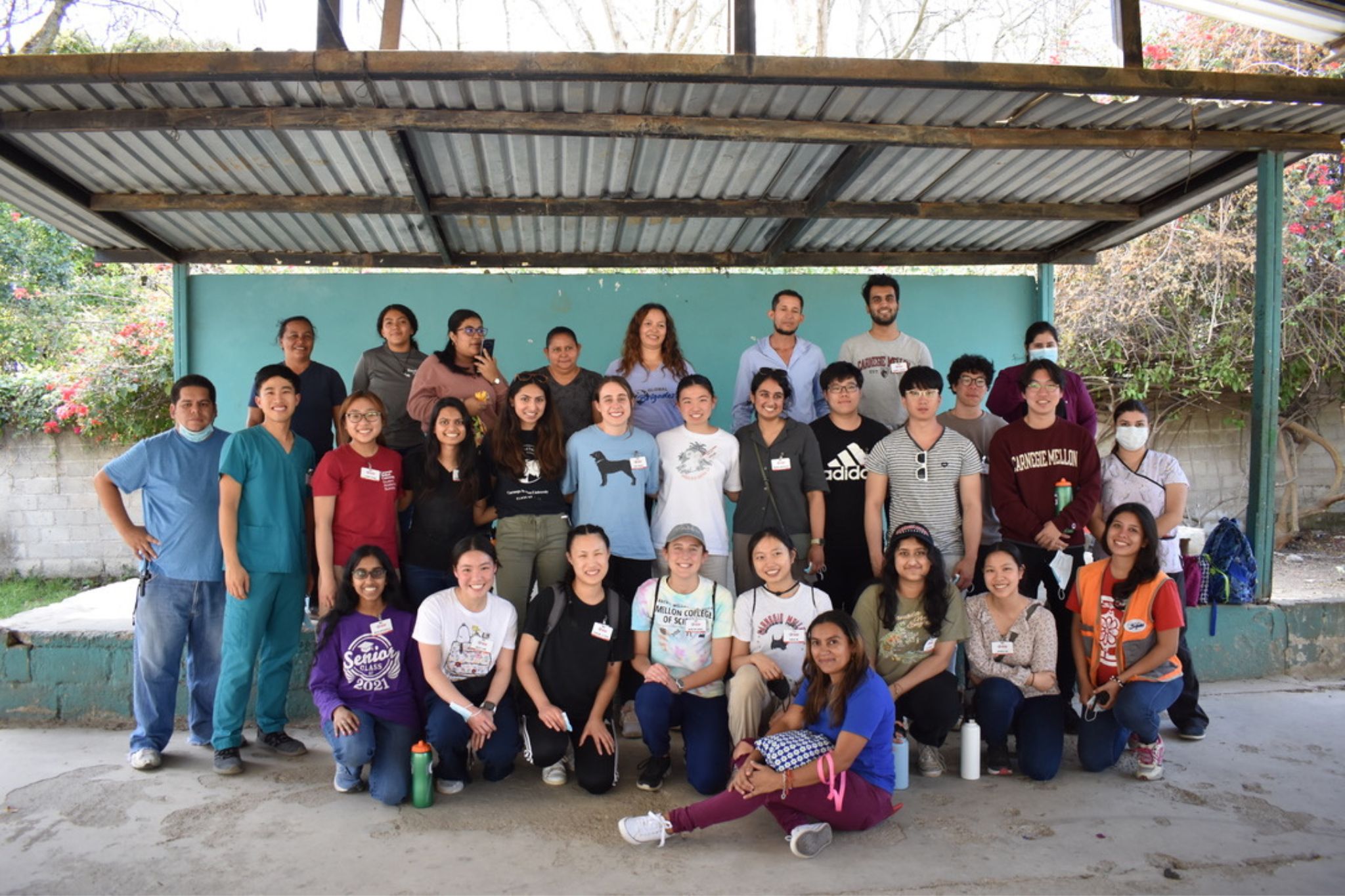By Nisha Datt, Program Associate in Nicaragua
Global Brigades began receiving volunteers in Nicaragua in the year 2013. We are now well into our fourth year and have made significant strides. The Global Brigades movement that began in Honduras, with time, has expanded to three additional countries, Panama, Ghana, and Nicaragua within the span of a decade!
We take pride in our ability to collaborate with community members to assess their needs. With that being said, it is also our responsibility to provide the necessary resources to ensure the sustainability of projects. An example of this is the Community Health Workers initiative within the Global Medical Brigades program, which equips community members with the knowledge to provide basic medical care, monitor chronic conditions, and serve as point persons for urgent care cases year-round.
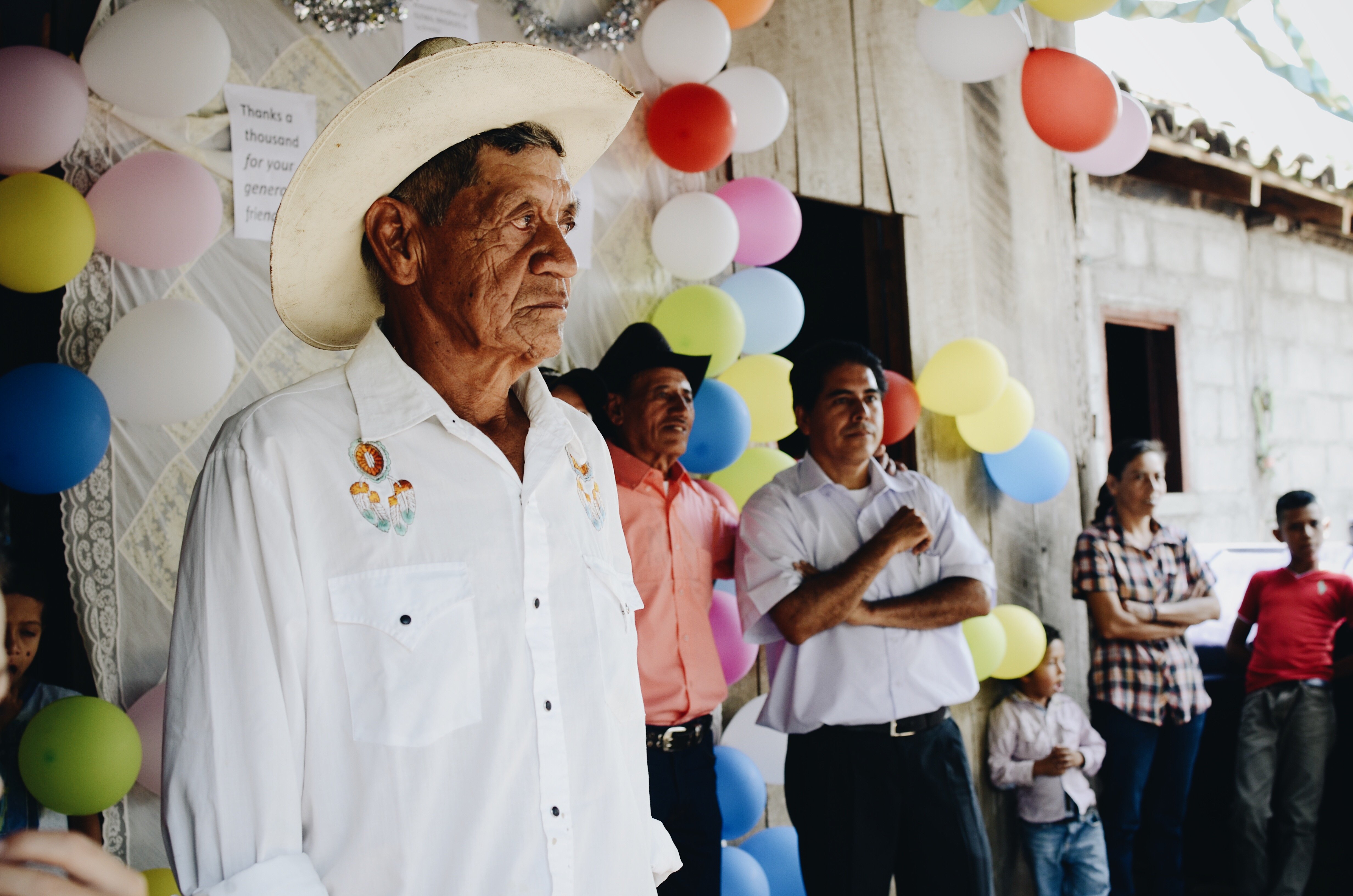
Our progress would not be possible without a constant effort to collect, research, and analyze data. By performing home visits and asking community members about the resources they have or lack thereof, we are able to process that information in order to see how we can partner together to combat those issues.
The Holistic Model plays a huge role in our ability to best partner with communities. Without one brigade program, our vision and mission to improve global health and the quality of life while also decreasing economic and health disparities, would not be achievable. So, how did GB’s Holistic Model come about? Let’s get into it!
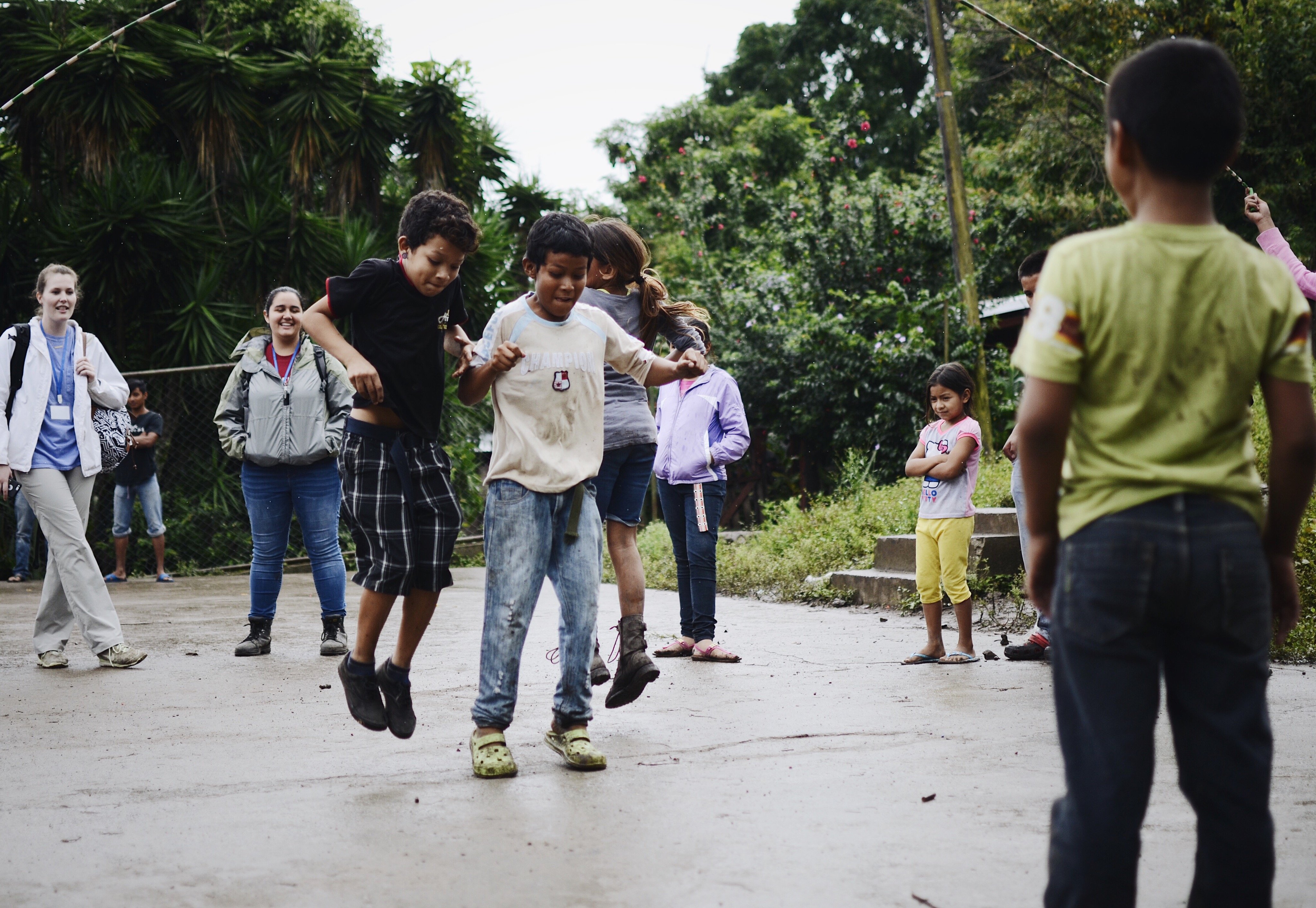
Where We Were:
In the past, Global Brigades Nicaragua had provided community members with projects that were funded mostly by GB. In addition, two years ago, GB Nicaragua did not have a water or business program! So, if we are providing these projects and not getting the community to contribute, what would be their incentive to maintain these projects? Lets put it this way, if you saved up to buy your dream car, you would be sure to take extra care of it, right? Wash it at least once a week, keep the interior clean, and take it in for an oil change as soon as it is needed, etc. It is the same logic for these projects.
We were focused on seeing improvements at a fast pace, that we may have lost sight on our mission to empower communities. So what happens when one plan doesn’t work out? We come up with another way to tackle the problem. GB went back to the drawing board to come up with a plan that was not only effective, but long-lasting and beneficial for the communities we partner with.
Where We Are Now:
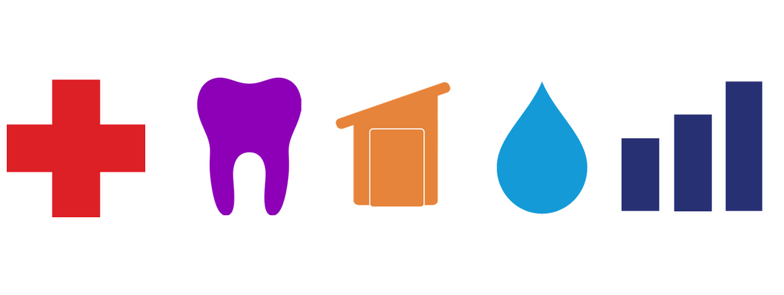
MEDICAL – DENTAL – PUBLIC HEALTH – WATER – BUSINESS
After our Research and Evaluation team has selected various communities who are willing to partner and work alongside Global Brigades, the Medical and Dental Brigades staff then send frequent mobile medical clinics to provide medical and dental services for the community.
Why Medical and Dental first? The Medical and Dental programs are our first responders. They are able to take the time to interact with community members and help collect data on what the most common illnesses are within that particular community. It is also an opportunity for Global Brigades to build relationships to gain trust.
Our Water and Public Health programs enter next to provide communities with clean water and hygiene stations. Clean water has the ability to eradicate water-borne illnesses. Mothers and children no longer have to walk long distances, and risk their safety, in order to collect impure water. Hygiene stations allow for proper hygiene practices and safe water storage. Within this station is a shower, latrine and water storage unit. Everyone deserves to be able to bathe within the privacy of their own home.
Since there are a large amount of agricultural workers in the communities we partner with, Global Brigades Nicaragua has a Business program. This program allows community workers access loans and savings accounts to help improve their livelihood. We establish community bank cooperatives as one of the final steps toward becoming inaugurated as an Empowered Community.
Where We Are Headed:
While we as an organization stress that one of our intentions is to break the cycle of poverty, we realize that in order to do so, some things must change. Instead of looking at our model in a linear way moving forward, we will refer to our model as a constant cycle of systems, where everything is connected, for the empowerment of communities that we partner with.
Monitoring and evaluation will always come first, but after that we will continue to provide sustainable health systems as a way of forming relationships with community members and establishing trust. The need for medical and dental services will always be there and is an important way for communities to understand the importance of healthcare. Community Health Workers will continue to check in and follow up once we leave.
Here is where the crucial modification to GB Nicaragua’s Holistic Model comes into play: Throughout this entire post, the word “empowered” has been mentioned at least ten times #sorrynotsorry. At the end of the day, we want community members to sustain the projects we implement together once we leave. For that to happen, we offer the opportunity to financially invest in these projects. In the past, Global Brigades Nicaragua provided subsidies to carry out projects, and our next big move will be to establish community bank cooperatives early on in the process of implementing the Holistic Model.
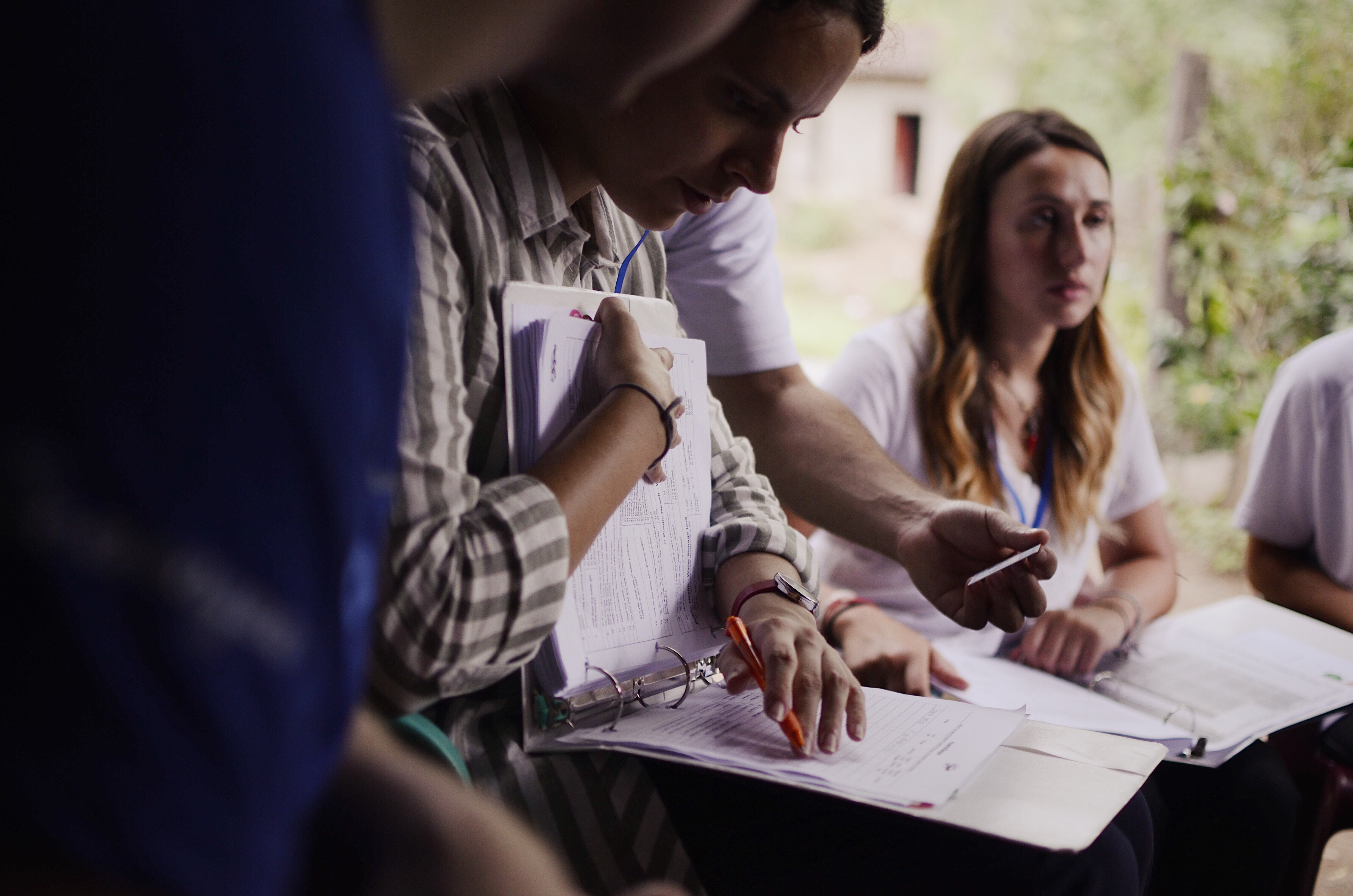
By establishing community-owned bank cooperatives early on, we are able to train and educate community members on loans and savings. This way, the community bank cooperatives can provide members with a loan to begin a public health and/or water project. To hold community members accountable, the loan will have to be repaid in order to take out another loan. In a sense, we are shifting from providing most of the funds for a project and are now co-funding them. Meaning, Global Brigades will pitch in with at least half of the funds for a public health and/or water project and the community will provide the rest with either their savings or with a loan. This will allow community members to prioritize what they need and save accordingly.
While we can agree how important it is to have a health care system, it is just as important for community members to thrive financially with their own assets. These assets could be anything from livestock, coffee, art, to agricultural produce, etc. This is where Global Brigades will introduce business development. With assets, one can produce sales, and from there they will have a steady income, create more employment for other community members, be able to save, possibly fund a water/public health project, and then contribute to the capitalization of the community bank cooperative.
Once all of those systems are set in place and functioning, Global Brigades can then begin a sustainable transition out of the community and yield sending brigade groups while providing the necessary support with local GB staff and community-led committees. As mentioned, GB staff follows up with communities when necessary to provide guidance, but at this point the communities are the owners. Sustainability, rather than poverty, is now in cycle! #cycleofsustainability
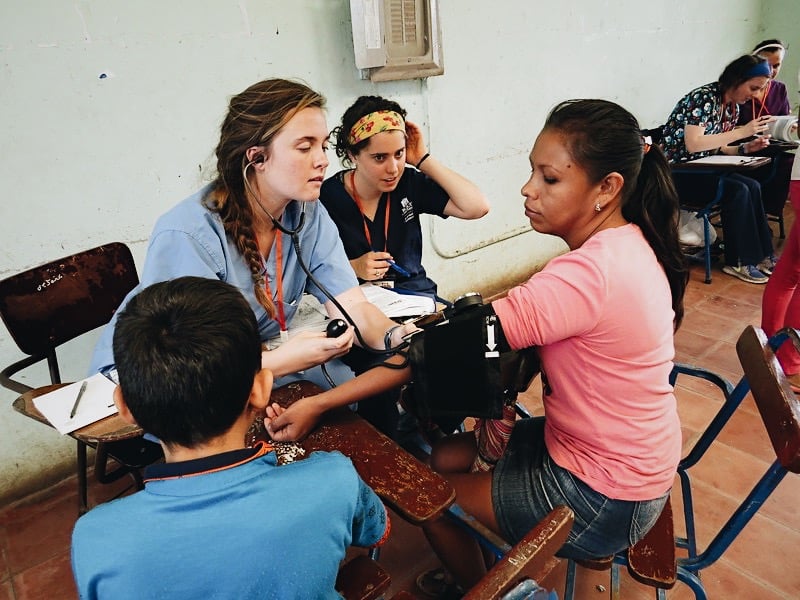
“An investment in knowledge pays the best interest.” – Benjamin Franklin
Don’t think we forgot about Global Brigades’ amazing volunteers and sponsors. Without your support, we would not have been able to make the impact that we have thus far. To our volunteers, your hard work in country and pre-brigade preparation does not go unnoticed and your time spent in country propels our organization toward reaching our collective goals. We wouldn’t want it any other way!
We hope you now have a better understanding GB Nicaragua’s Holistic Model. If you are interested in being a part of a brigade, please reach out to your Chapter Leader on campus. And as always, please continue to share your GB stories! After all, our stories and shared experiences are what bring us together!
Photo credits: Nisha Datt and Marquette University

